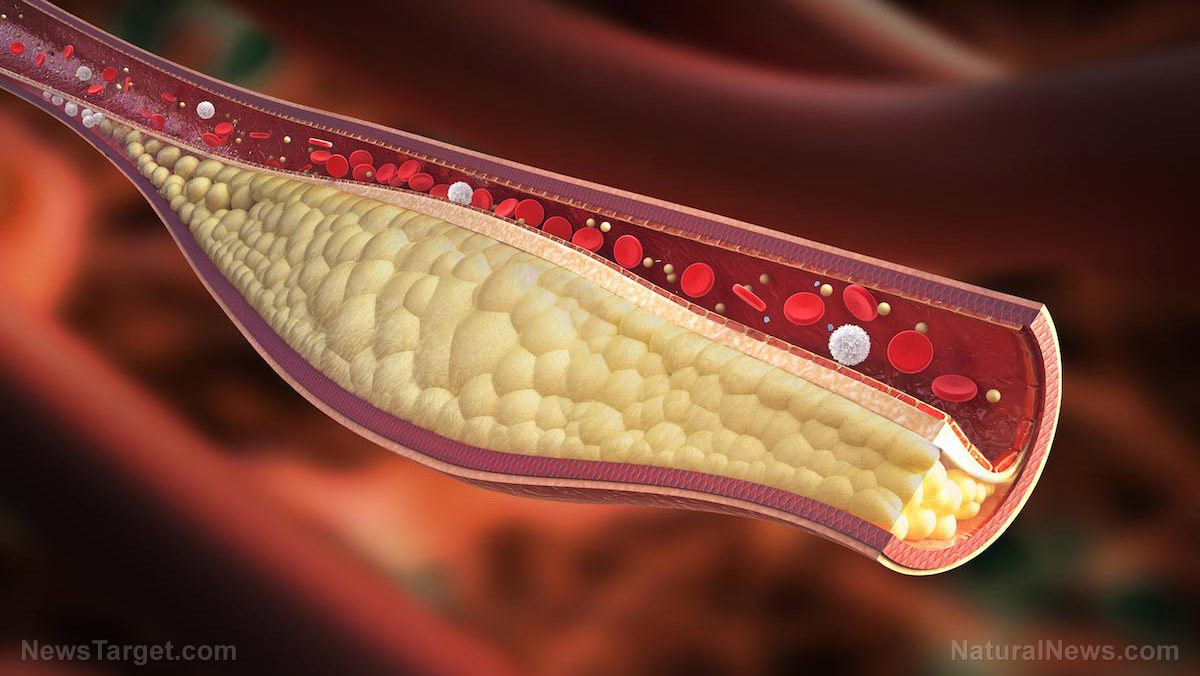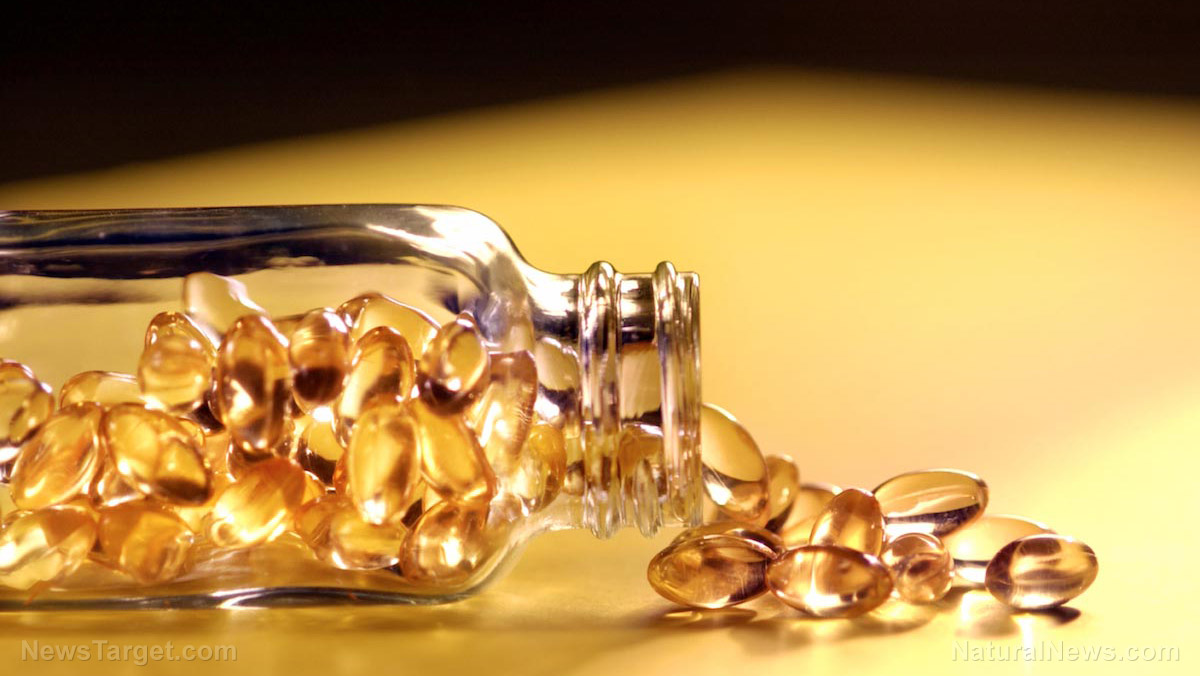Manage your cholesterol levels while you’re still young to lower your risk of heart problems as you age, advises study
04/14/2019 / By Michelle Simmons

Having high cholesterol levels is usually a problem for older adults. However, young people are now encouraged to watch their cholesterol levels as well. This is because a new study found that having high levels of low-density lipoprotein (LDL) cholesterol at a young age can become a huge problem later in life.
Published in the journal Circulation, the study looked at whether or not people considered to be at low risk for developing cardiovascular disease and coronary heart disease could benefit from reducing their cholesterol levels before they result in complications. In this study, a team of researchers from the U.S. studied the health progression of more than 36,000 participants, aged 42 years old on average, for over a period of 27 years.
Over the follow-up period, 1,086 participants developed cardiovascular disease and 598 died due to coronary heart disease. The research team also found that those who were considered at low risk for cardiovascular problems, but had elevated LDL cholesterol levels were at a 30 to 40 percent higher risk of dying early due to heart health complications.
How to keep your cholesterol levels at bay
Whether young or old, the best way to manage your cholesterol levels and lower your risk of heart disease is to adhere to a healthy lifestyle. Here are some lifestyle changes you need to make to improve your cholesterol levels:
Adhere to a heart-healthy diet: Your diet should limit saturated fats, which are found in red meat and full-fat dairy products, and eliminate trans fats, which are often used in processed foods and store-bought cookies and cakes. Instead, a heart-healthy diet should include foods rich in omega-3 fatty acids, such as flaxseeds, walnuts, herring, mackerel, and salmon. Omega-3s may not affect LDL cholesterol but can keep the heart healthy by lowering blood pressure. Adding more fiber-rich foods, such as Brussels sprouts, apples, kidney beans, pears, and oatmeal, to your diet is also encouraged because they reduce the absorption of cholesterol into your bloodstream. Moreover, adding whey protein to your diet can help lower your levels of LDL cholesterol, total cholesterol, and blood pressure. (Related: High cholesterol levels easily managed with these five nutritious foods.)

Get moving: Being physically active can improve cholesterol. Doing moderate physical activity for at least 30 minutes five times a week or vigorous exercise for 20 minutes thrice a week is often recommended. Moderate physical activity can help increase the good kind of cholesterol called high-density lipoprotein (HDL) cholesterol. Find an exercise partner or join an exercise group to keep you motivated.
Maintain a healthy weight: If you are overweight or obese, it’s best to lose those extra pounds because they contribute to high cholesterol. You can lose weight by eating healthily and exercising regularly.
Avoid tobacco: If you’re a smoker, quit smoking. Smoking increases your LDL cholesterol level. Within the first 20 minutes of your abstinence, your blood pressure and heart rate recover from a cigarette-induced spike. Within three months of quitting, your blood circulation and lung function start to improve, and within a year of quitting, your risk of heart disease is half that of a smoker.
Drink alcohol moderately: Although moderate consumption of alcohol has been associated with higher levels of HDL cholesterol, the benefits are not strong enough to recommend alcohol for anyone who does not drink. However, if you’re already a drinker, do so moderately. For healthy women, moderate consumption is equal to one drink a day, and two drinks per day for men. In addition, avoid drinking too much alcohol because it can result in serious health complications, such as high blood pressure, heart failure, and strokes.
Learn more on how to lower your risk of heart problems by visiting ReverseHeartDisease.news.
Sources include:
Submit a correction >>
Tagged Under:
cardiovascular disease, cardiovascular health, cardiovascular problems, heart disease prevention, heart health, heart problems, prevention, research
This article may contain statements that reflect the opinion of the author


















